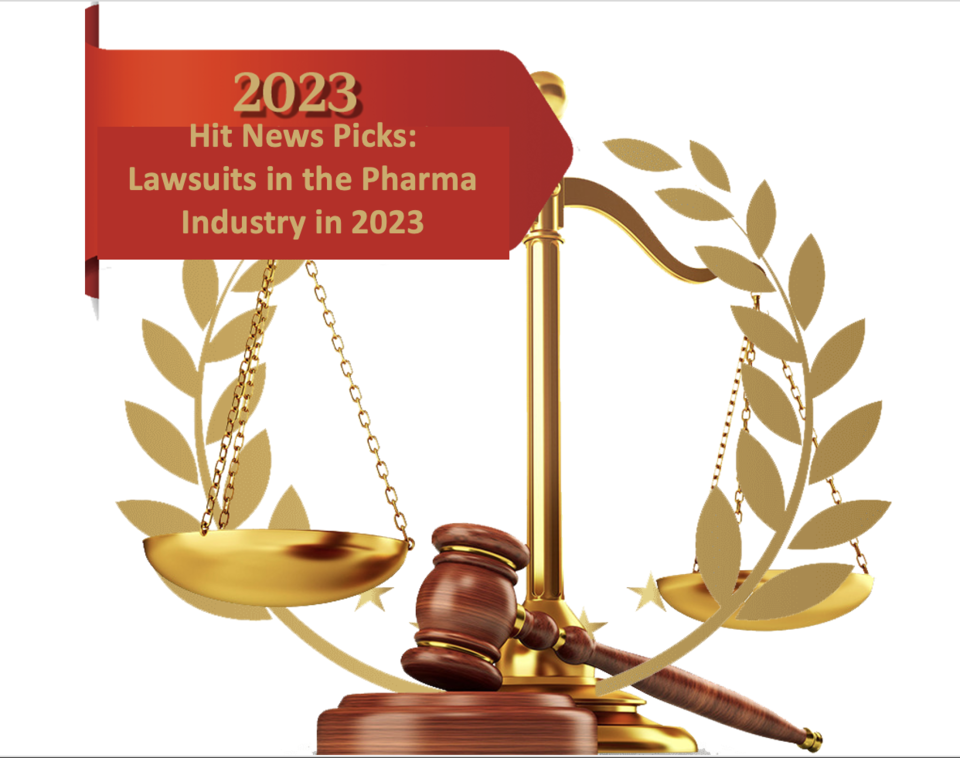
The lawsuits in the pharmaceutical industry are not merely about winning or losing. They serve as a barometer that can set standards for drug prices, exports, permits, and more, allowing for an assessment of future movements within the pharmaceutical and biotech sectors. Hit News will delve into significant legal disputes in the pharmaceutical industry this year in this article.
6 years of struggle ends in bitterness: the conclusion of the Novartis rebate lawsuit
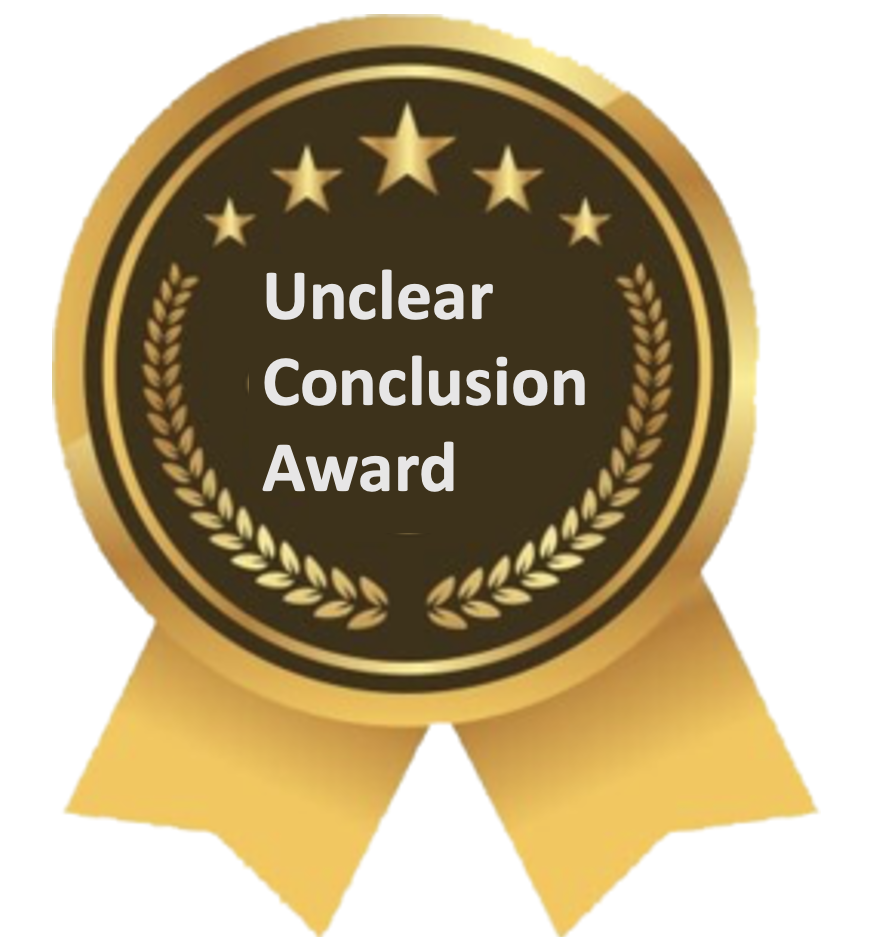
The prolonged legal battle involving alleged illegal rebates by Korea Novartis concluded after a six-year span that began in 2017. The case, which drew attention in 2016 with raids on Korea Novartis headquarters and health-related professional and academic journals by the Seoul Western District Prosecutors' Office's Pharmaceutical Rebate Joint Investigation Team, centered on accusations of providing monetary incentives to doctors through seminars and academic journal contributions.
Involving numerous suspects and witnesses, including representatives from health-related professional journals, academic publishers, former executives, and Novartis business division members, the case revolved around allegations of approximately $2 million in illegal rebates to doctors. Novartis countered, attributing the issue to "individual misconduct," but around 20 individuals, including the company and former executives, faced charges pressed by the Western District Prosecutors' Office.
Over the extensive legal proceedings, the defendants argued that the actions were justified due to the rarity of diseases and limited specialized experts, contending that it wasn't a variant of rebates but an essential necessity. However, the prosecution presented evidence indicating systematic rebates, including sales promotion purposes, profit margin analysis data, and unpublished academic journals found stacked in warehouses during the raids.
Legal complexities arose during the trial, with some employees admitting to the rebate allegations and pharmaceutical journals' involvement. Initial and appeal trials led to mixed outcomes, with the case eventually reaching the Supreme Court, which confirmed the appellate court's ruling, dismissing further appeals.
The lawsuit's impact on the industry remains significant, viewed in comparison to other similar cases resulting in substantially higher fines. Despite the prosecution's efforts to establish organized crime over the six-year span, the case fell short, leaving it as a regrettable legal battle fought solely by the involved parties amidst evolving issues related to industry compliance programs.
6-Year Showdown: Medytox vs. Daewoong Pharma
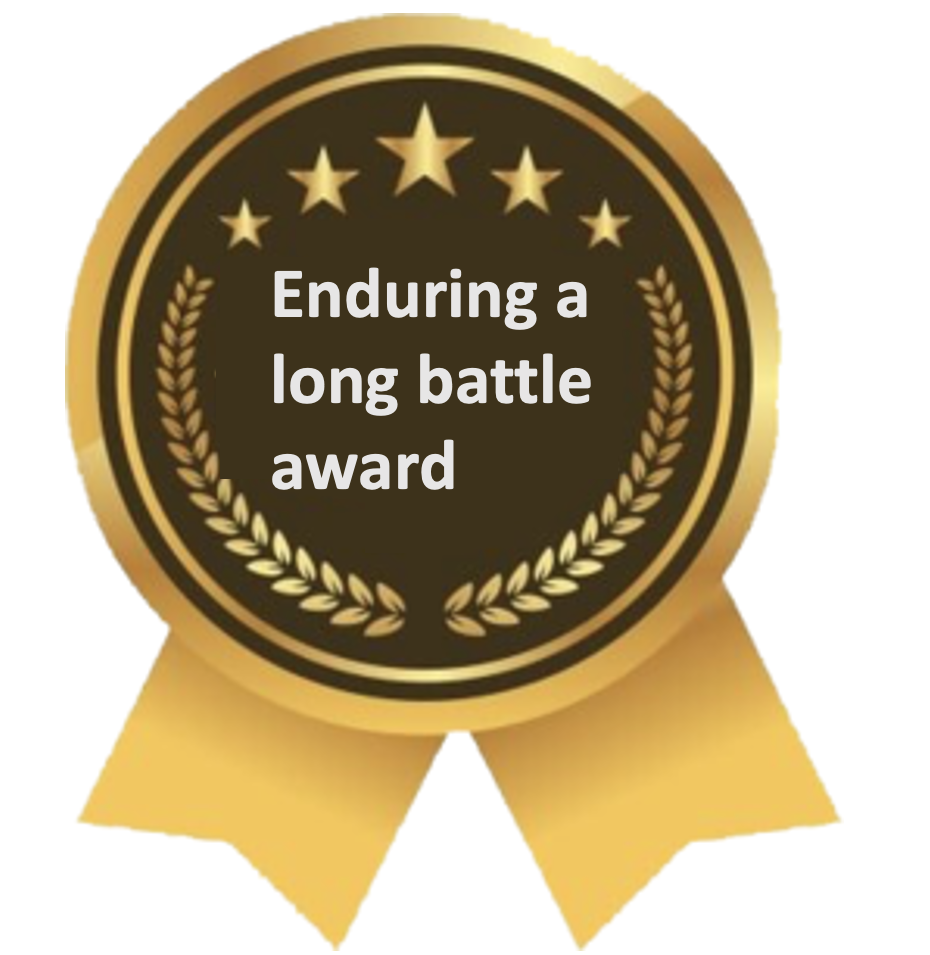
In a protracted legal dispute dubbed the 'Toxin 6-Year 1st War,' pharmaceutical giants Daewoong Pharmaceutical and Medytox navigated 21 trials, 21 preparation sessions, and 2 hearings. The Seoul Central District Court recently issued a mixed ruling, mandating Daewoong to pay $31 million, relinquish bacterial strains, and dispose of toxic products, marking a partial win for Medytox.
The conflict erupted following assertions regarding the origin of bacterial strains during a 2016 audit. Prompted by a legislator's statement, Medytox publicly called for a debate to clarify the bacterial strain origins in botulinum toxin products manufactured by Daewoong Pharmaceutical and Huons. They contested the claim that the strains for Nabota originated from a stable in Yongin, Gyeonggi Province, citing the impracticality of such strain development.
Speculation arose regarding Daewoong Pharmaceutical's hastened market entry, potentially linked to a delay in AbbVie's (then Allergan) U.S. market entrance. Daewoong's swift market penetration may have triggered actions aimed at restraining Nabota. However, internal sources from Daewoong Pharmaceutical and Huons dismissed these reactions as attempts to tarnish other toxin products' reputations.
Persistently, Medytox stood firm. Daewoong Pharmaceutical escalated tensions by holding a press conference, openly declaring involvement in Medytox's conflict. Subsequent legal battles in the Orange County District Court in California, with a 'lack of jurisdiction' ruling, led Medytox to file lawsuits against Daewoong's partner companies, including Evolus, citing trade secret infringement in the ITC. This legal saga traces its roots back to the case's initiation in 2017.
Despite a partial victory for Medytox in this lawsuit, Daewoong Pharmaceutical swiftly appealed to the Seoul High Court, leaving room for potential outcomes favoring either party.
The implications of this case reverberate throughout the industry, raising fundamental questions about the value of botulinum toxin, a product extensively produced by Korean pharmaceutical firms. The lawsuit not only seeks truth but also compels introspection within the domestic industry regarding the trajectory of botulinum toxin. Further details on this case can be found in the October issue of the 7th edition of <Until the HIT>.
Proper regulation prevents pain
Utoma lawsuit: All that remained was hardship.
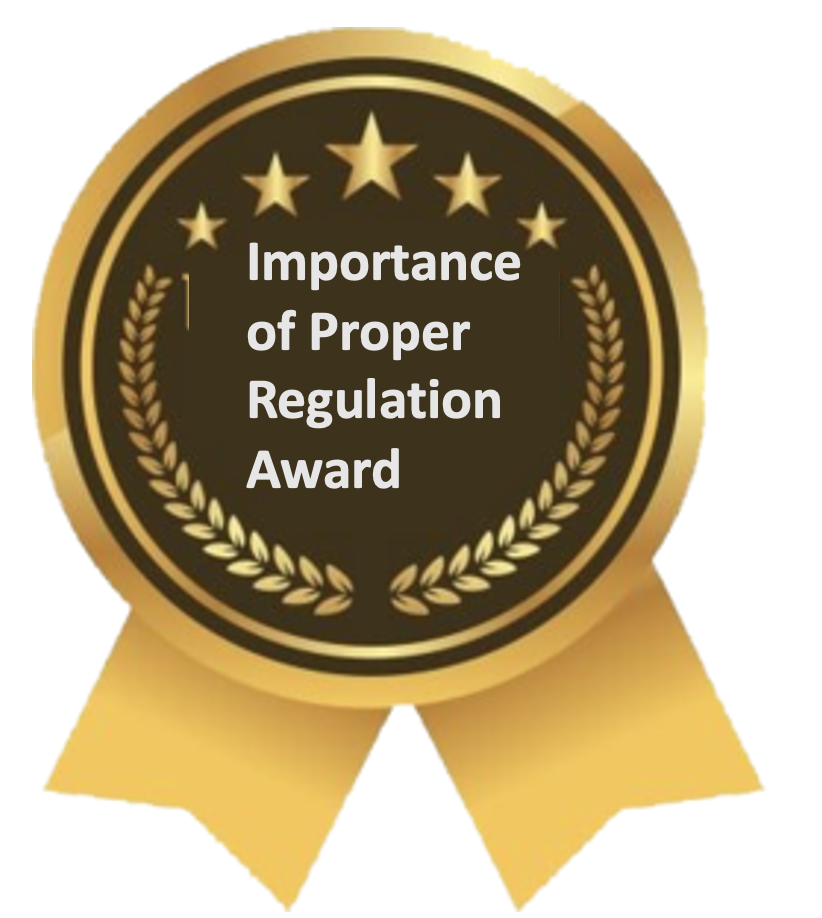
The protracted legal battle between Yungjin Pharm and RNS Bio concerning 'Utoma' has extended since 2019 and now resides at the appellate stage. This lawsuit holds implications surpassing the monetary value contested in the market. Scrutinizing its details unveils persistent concerns, stemming from deficiencies in the regulatory approval process that remained unaddressed.
At the heart of this legal conflict is the authorization and subsequent rescission of Yungjin Pharm's 2% Utoma topical solution, licensed to another entity. The lawsuit seeks redress for damages incurred by the licensee during this period. Utoma, formulated to address atopic dermatitis through pig lung extracts, had its rights transferred to RNS Bio in 2012. Yet, the company encountered challenges in the proper production of the product, sparking suspicions regarding raw material handling and potential falsification of test outcomes.
Subsequently, without undergoing post-market scrutiny, the product vanished, leaving the licensee to bear the financial burden. In 2019, RNS Bio accused Yungjin Pharm of specific economic offenses and unpaid contract fees. In their 2020 lawsuit for damages, they raised the compensation claim from the initial $7.1 million to $11 million.
As per Yungjin Pharm's disclosures, the recent verdict addresses damages resulting from the breach of the 'Utoma Topical Solution 2%' sales contract. The court determined the compensation, excluding approximately $3.8 million for unsubstantiated damages. However, lingering issues persist despite this ruling.
Concerns revolve around the regulatory body, the Ministry of Food and Drug Safety (MFDS), and its capacity to detect fraudulent data. Instances of Yungjin Pharm employees fabricating experimental data in 2019 prompted the MFDS to promise a revamped oversight system. Nonetheless, uncertainty looms within the industry regarding the implementation status of these measures.
Another pressing issue is the lack of restitution avenues for those affected throughout the legal ordeal. Dr. Choi, the patent holder, faced personal challenges while substantiating his technology, enduring unfounded accusations. The acquiring company struggled to market the product, leading to an unsustainable situation. While the appellate process offers potential for alterations in the current outcome, there's a shared consensus that 'appropriate regulation can avert erroneous approvals and mitigate enduring repercussions,' elevating the significance of this incident beyond the lawsuit itself.
The Lawsuit Over 'Farxiga' That Ended Before a Conclusion
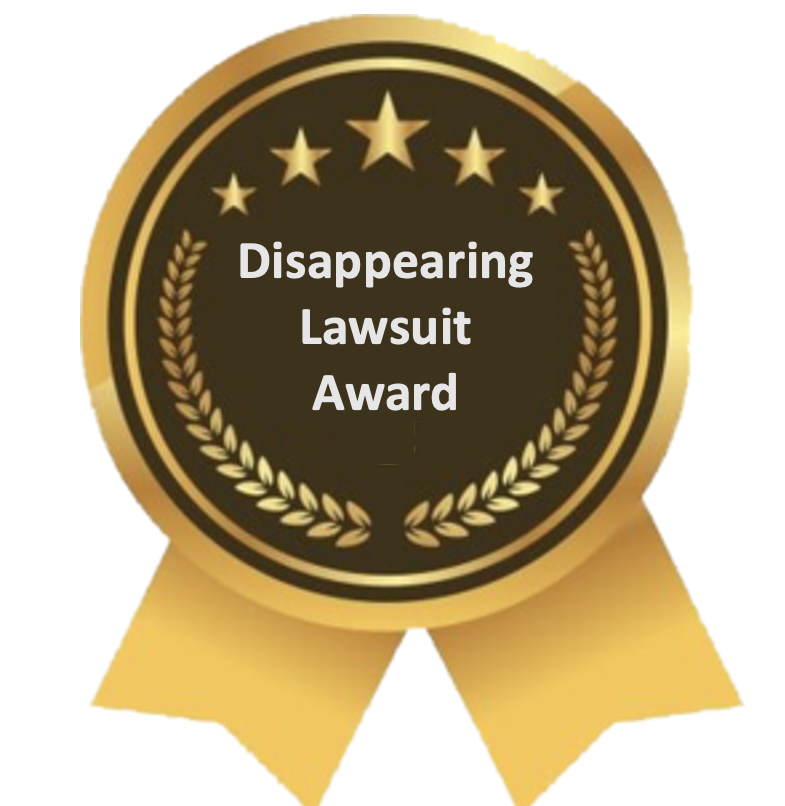
The lawsuit concerning AstraZeneca's diabetes drug 'Farxiga' disappeared before reaching a resolution, despite initial attention it garnered. Termed as 'price preservation,' it raises crucial queries regarding drug pricing policies: Can the price sustain itself due to the continued need for certain indications, or will the absence of indications for generics impede price reductions?
Farxiga soared as a blockbuster drug, flooding the market with generics immediately after its patent expired on April 8th. It accumulated over $39 million in out-of-hospital prescriptions last year alone. However, distinctions arose between the generics released post-April and the original drug. While the original treated diabetes, heart failure, and renal failure, the generics only targeted diabetes.
AstraZeneca initiated legal action against health authorities, arguing that lowering drug prices solely upon the introduction of generics, despite differing indications, was unjust. This sparked controversy within the government and the industry, as the government's pricing policy was based on specific items or products.
Similar instances have occurred, albeit in different contexts. For instance, Pfizer engaged in a lawsuit regarding the pain medication 'Lyrica' and local pharmaceutical companies. However, this case revolved around compensating losses due to the drug's use, which could only be prescribed for remaining seizure symptoms despite having a patent for 'neuropathic pain treatment.' The arguments didn't address issues related to drug price reductions. Such incidents garnered criticism both internally and externally, raising questions about the rationale behind these lawsuits. The details involving the Korean pharmaceutical industry and legal procedures during this process were omitted.
The lawsuit is nearing its end as AstraZeneca announced the discontinuation of Farxiga's supply in Korea by the first half of 2024. The industry ponders over the necessity of enduring price reductions domestically, especially when the minimum price for 30 tablets of 10mg stands at $555 in the United States and other markets. Given the circumstances, there's a growing understanding of this situation.
However, with the government having applied for an expansion of reimbursement criteria in November 2021, it filed a lawsuit due to the price drop caused by the emergence of generics. As the injunction's expiration looms in February 2024, just two months away, the voluntary withdrawal of the product might be seen as a bold move by health authorities.

